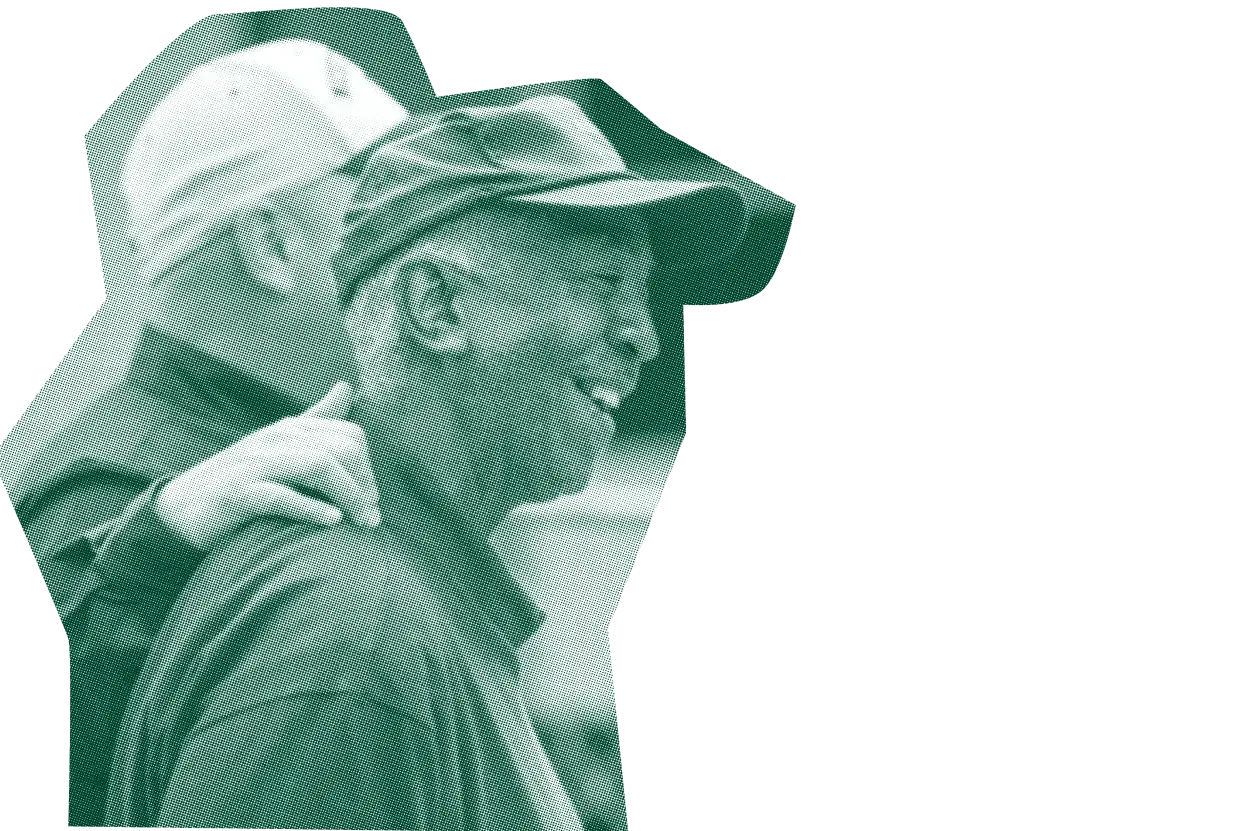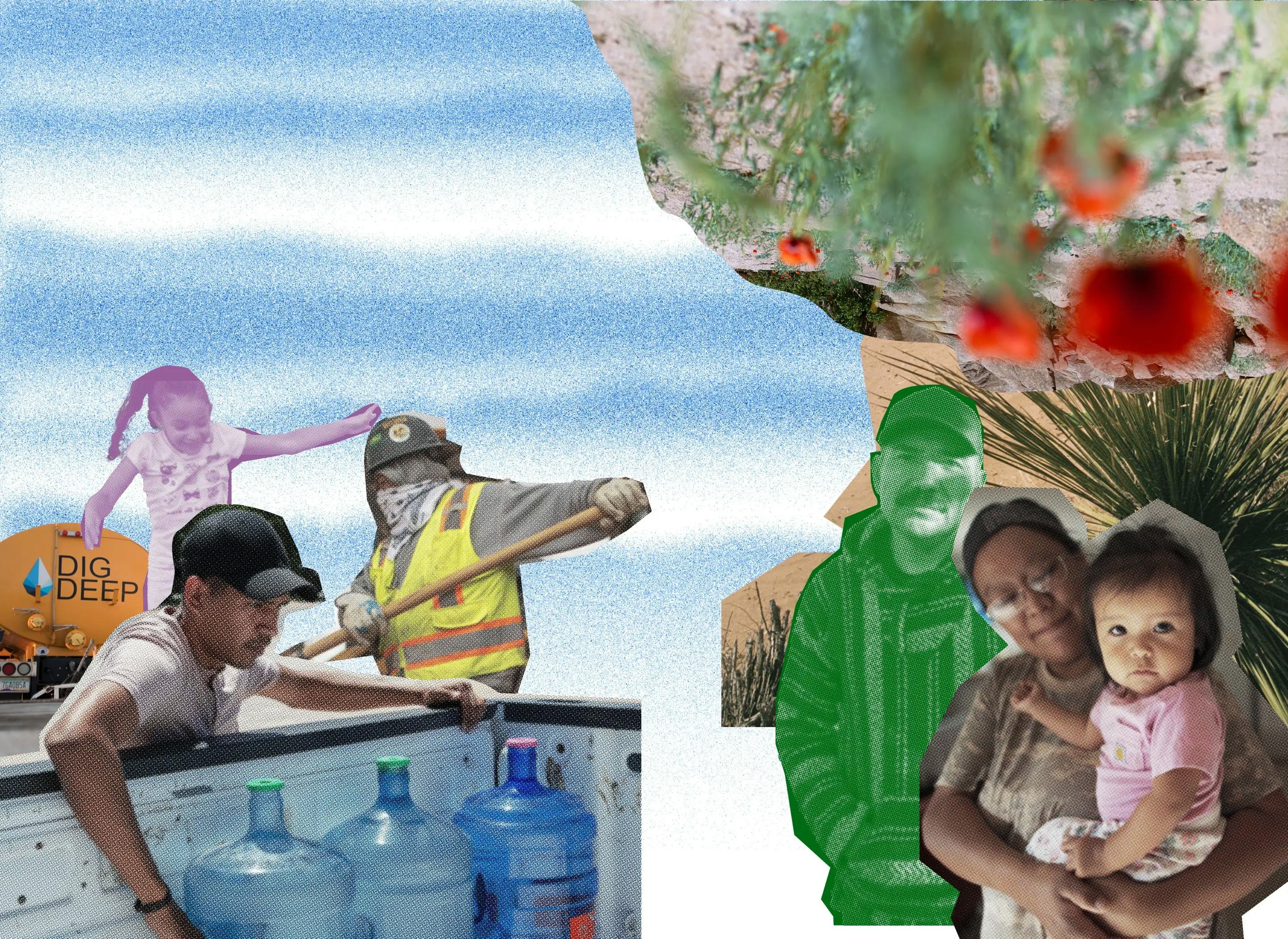
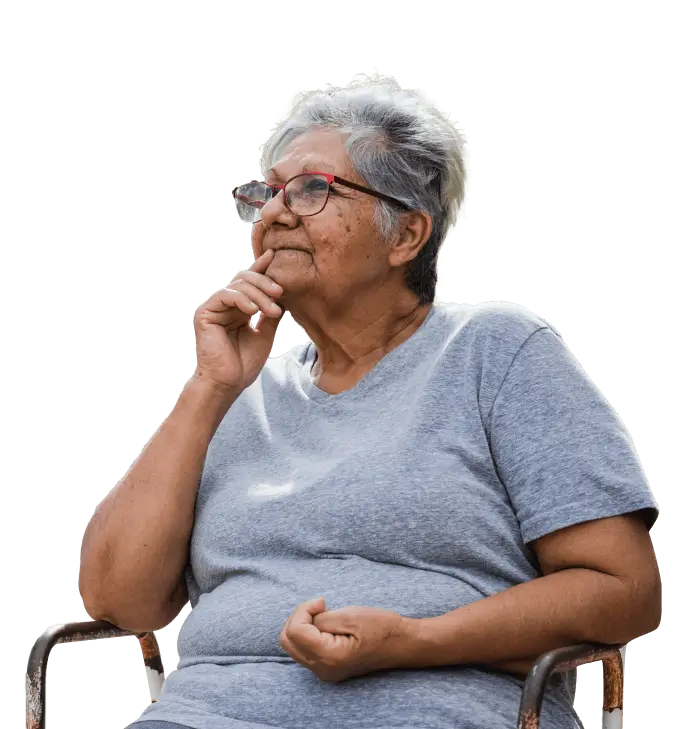

Everyday we solve complex problems, forge new solutions and overcome obstacles. It’s late nights and early mornings. It’s digging through solid rock and forging flooded roads. It’s solving puzzles with new technology, and celebrating the ingenuity and resilience of the people we serve, who work hard every day to bring water to their communities.





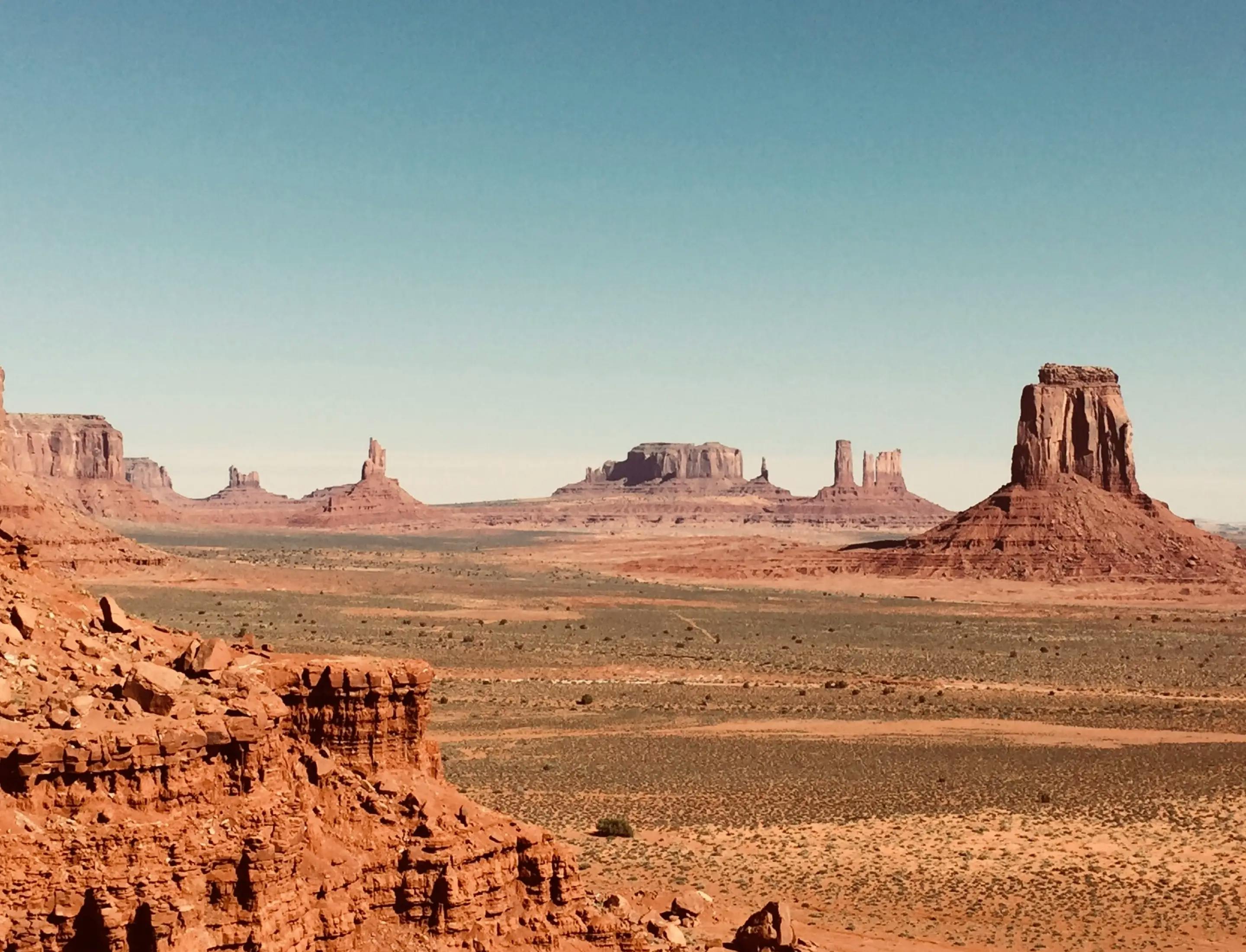
The Navajo Water Project is where it all started, and since 2014 we’ve built a dynamic, Indigenous-led team bringing taps and toilets to families across the Navajo Nation. In 2022, we expanded our work to include septic services and piped water connections, and we transitioned out of our pandemic emergency crisis response back to our medium- and long-term WASH solutions.
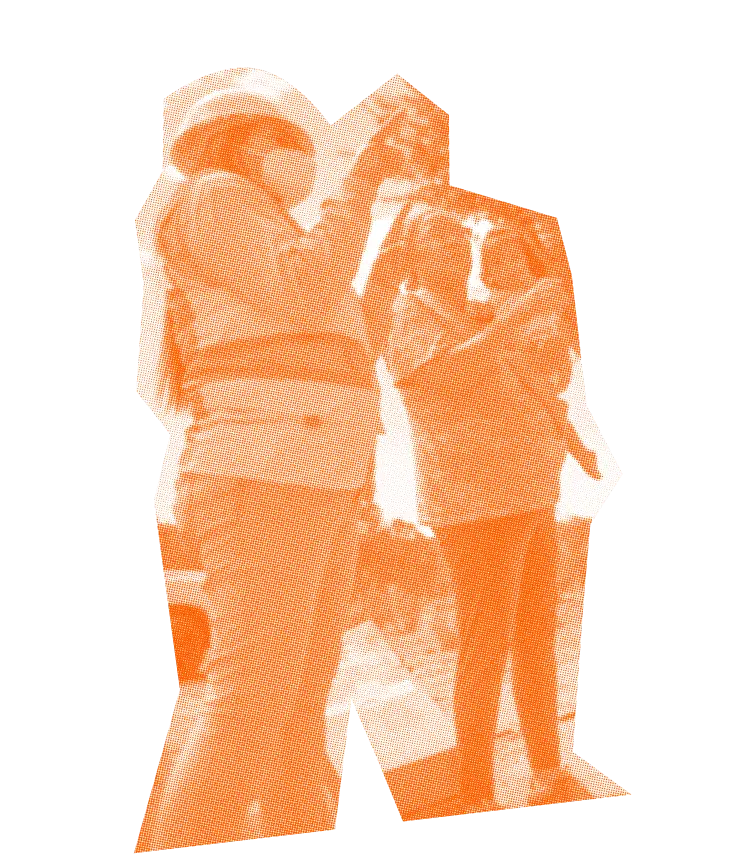

When we started the Appalachia Water Project, we quickly learned that folks here have a fierce drive to take care of each other. Our clients are resilient problem solvers, and we work every day to bring that same tenacity to our work in Appalachia. Last year our team faced complex challenges and difficult terrain with grace and grit, never giving up on our one relentless pursuit to get clean, running water to Appalachians.
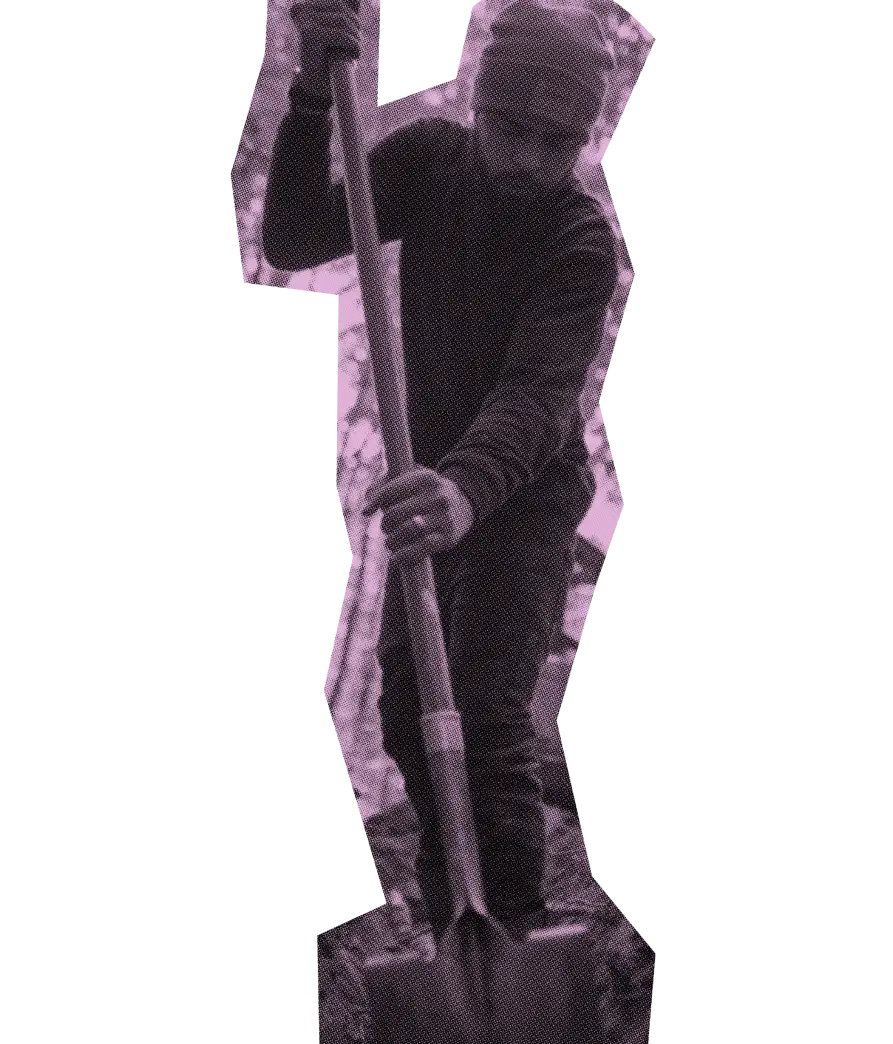
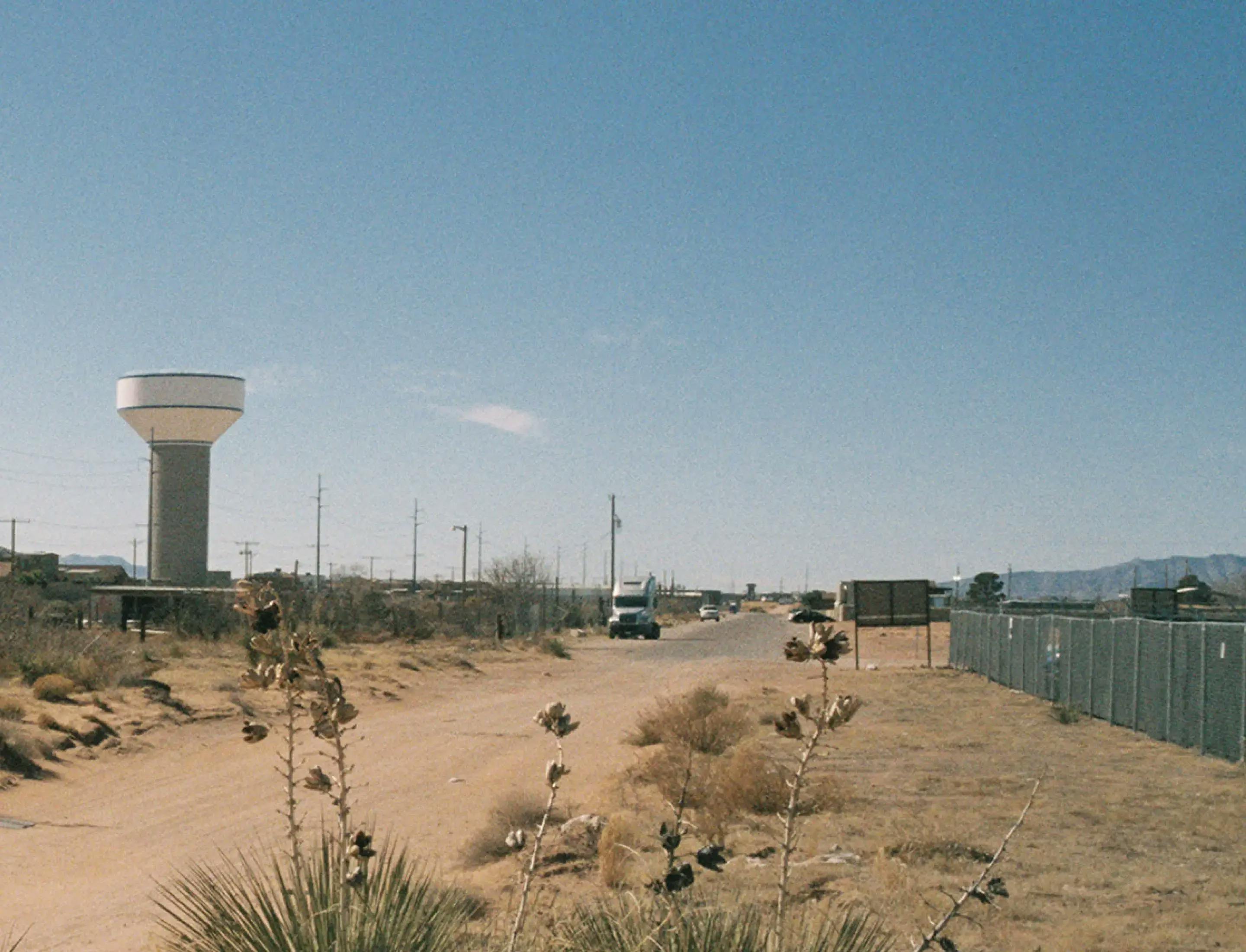
We first met residents in the Texas colonias while doing research for our Closing the Water Access Gap report released in 2019. In 2022, we officially broke ground on the Colonias Water Project. We turned on the taps for all 72 lots in the Cochran colonia and we’ll do the same in five more Texas colonias over the coming years.
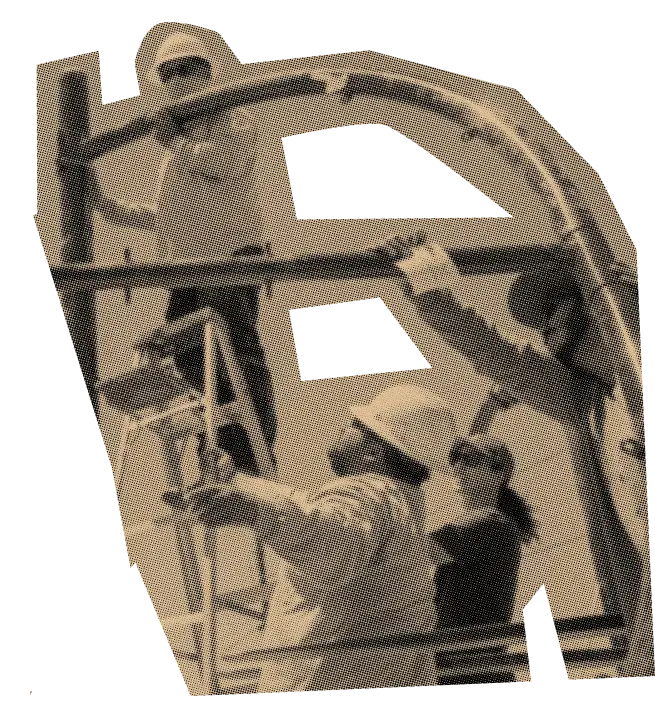


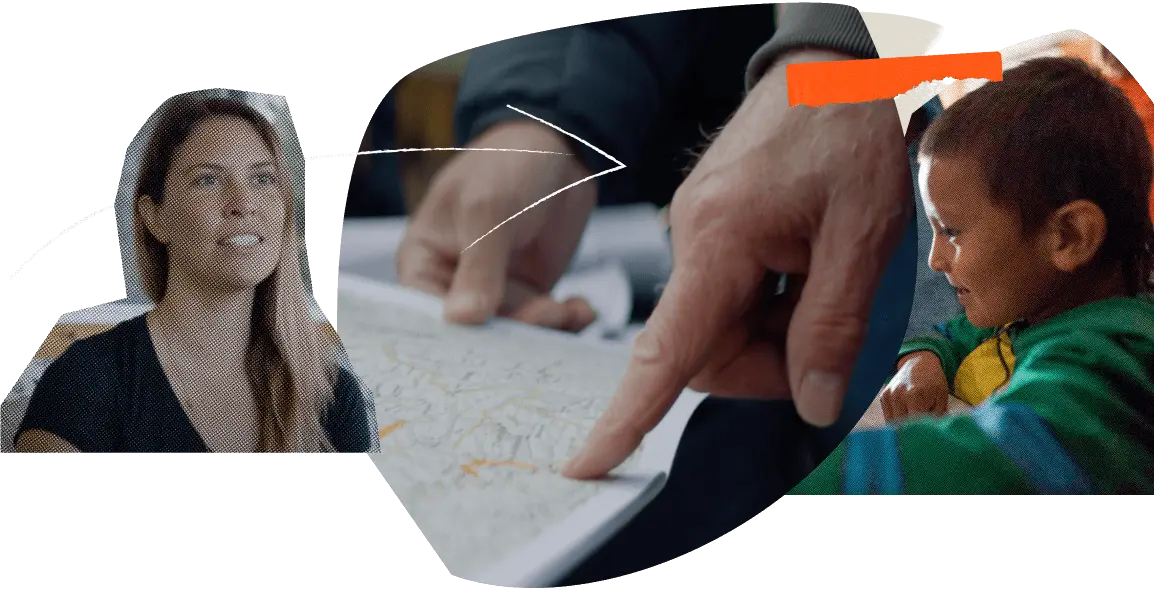
Last year we built out the framework for DigDeep Labs, a new division to house our existing and future research, data and incubation/innovation initiatives. Building off some of our previously established initiatives, like the Decentralized Wastewater Innovation Cohort (DWIC) created alongside other WASH sector organizations in 2021. In 2022, we continued to publicly share our findings and make recommendations to improve domestic water access for good.
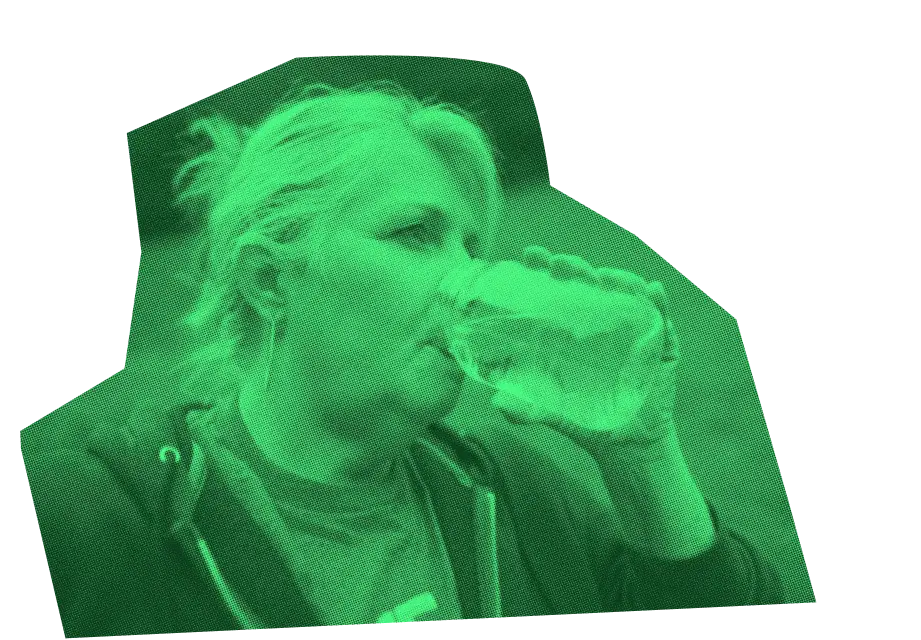

In June of 2022, we published DRAINING, our first ever Economic Impact Study uncovering the costs of America’s hidden water crisis. And from that research we learned that every year we allow the water access gap to stay open, we’re costing the U.S. economy $8.58 BILLION dollars.
But there’s hope. We also found that for every dollar spent to close the water access gap, the nation sees nearly $5 in
economic returns. Now that’s an incredible return on investment - one that could create nearly $200 BILLION of economic value over the next 50 years.
Click here to see the numbers for yourself and read the first national study to calculate the true cost of allowing millions of Americans to live without running water at home.
2.2 million people in America live without access to running water and basic plumbing: report
LEARN MORE

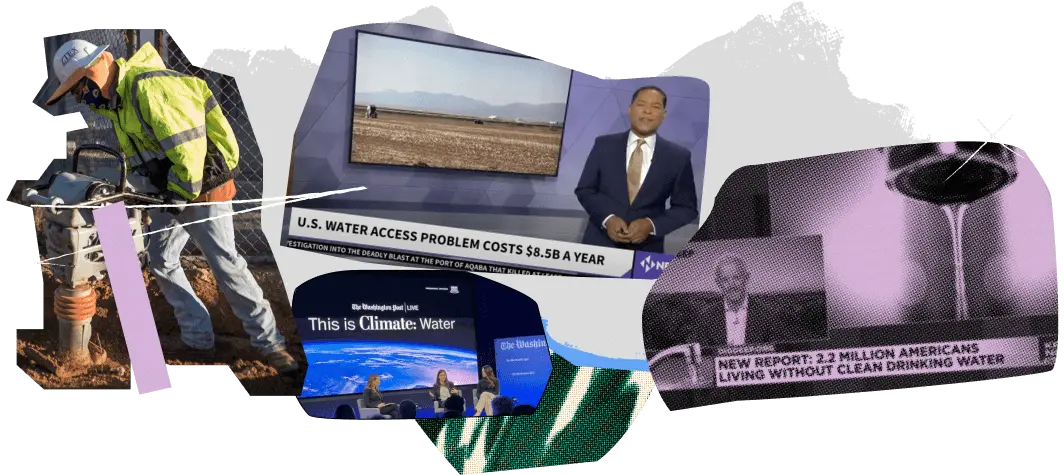
We work in places where people used to think running water was impossible. But nothing is impossible when you’re relentless. That’s why one of DigDeep’s organizational pillars is mobilization. It means getting people like YOU across the country involved in the work we do, and in 2022 we all came together and mobilized more than ever before.
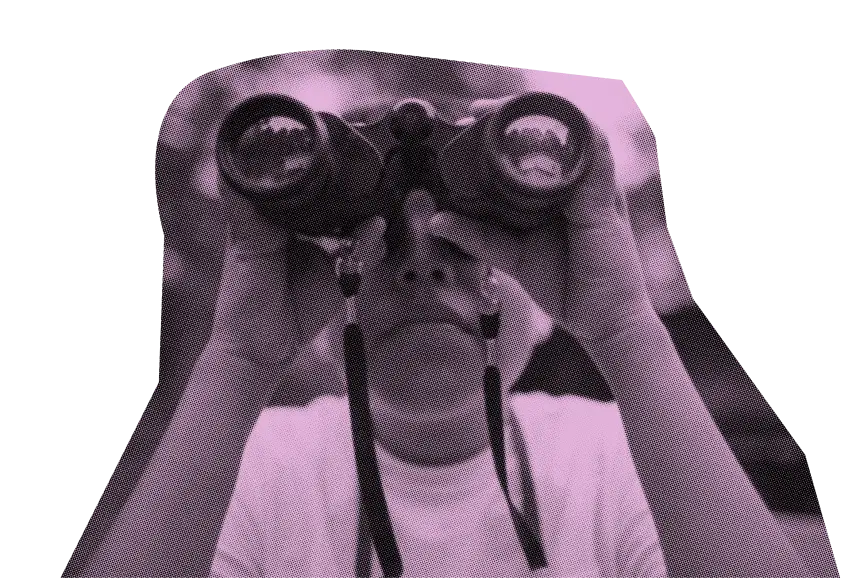
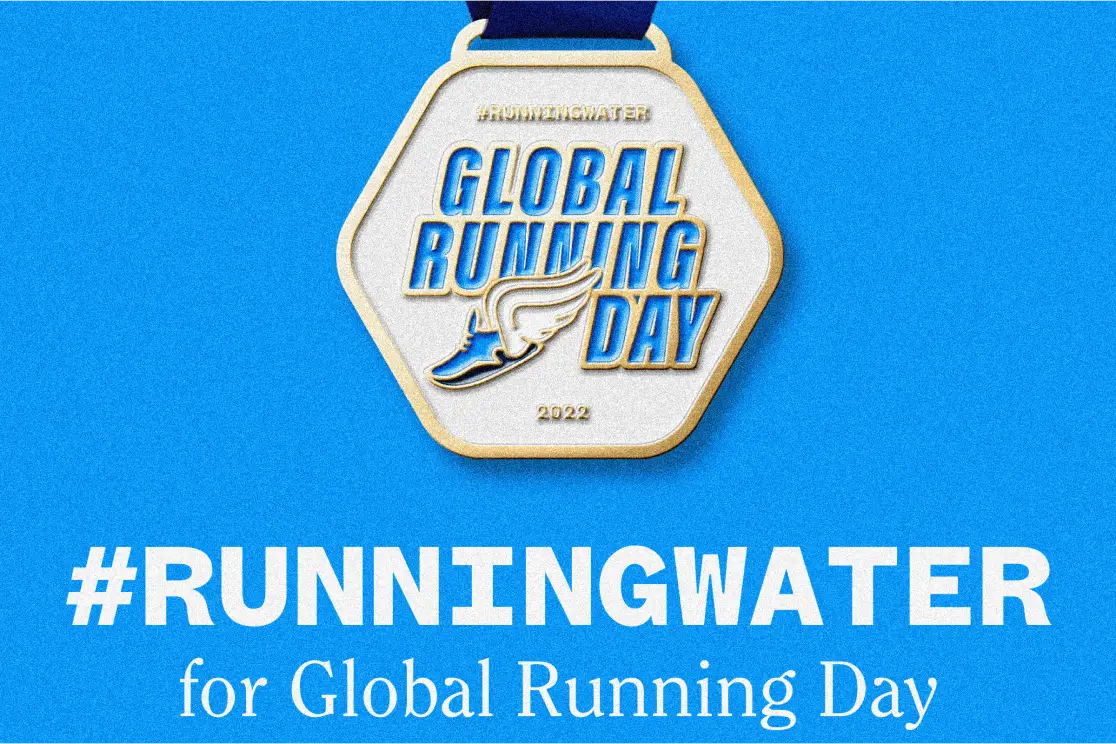
We tried something new last summer and got behind Global Running Day. Dozens of people pledged to run, walk, or roll with us last June and helped us get the word out about the water access gap in America and what DigDeep is doing to close it.
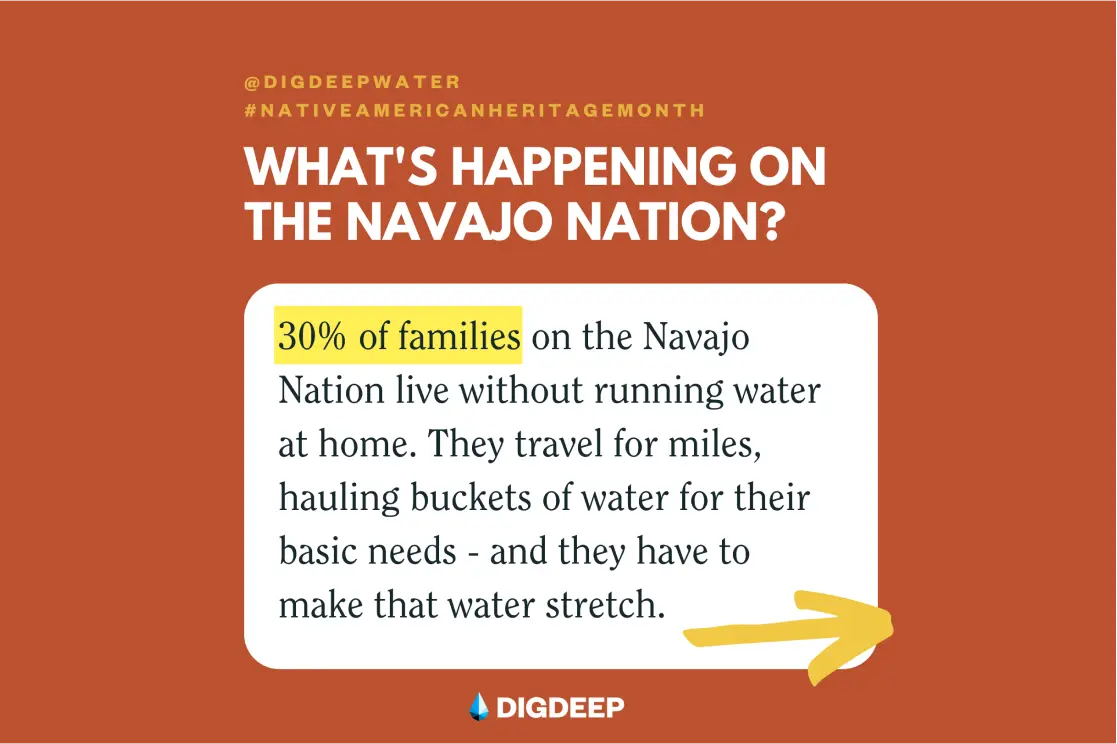
On Indigenous People’s Day and for Native American Heritage month, we ran an education campaign dedicated to raising awareness about the lack of water access on the Navajo Nation and the challenges that Indigenous people across our country face. With quotes from our team members, shareable slides, and even a shoutout from Bella Hadid, we educated our supporters in a new, engaging way like never before.
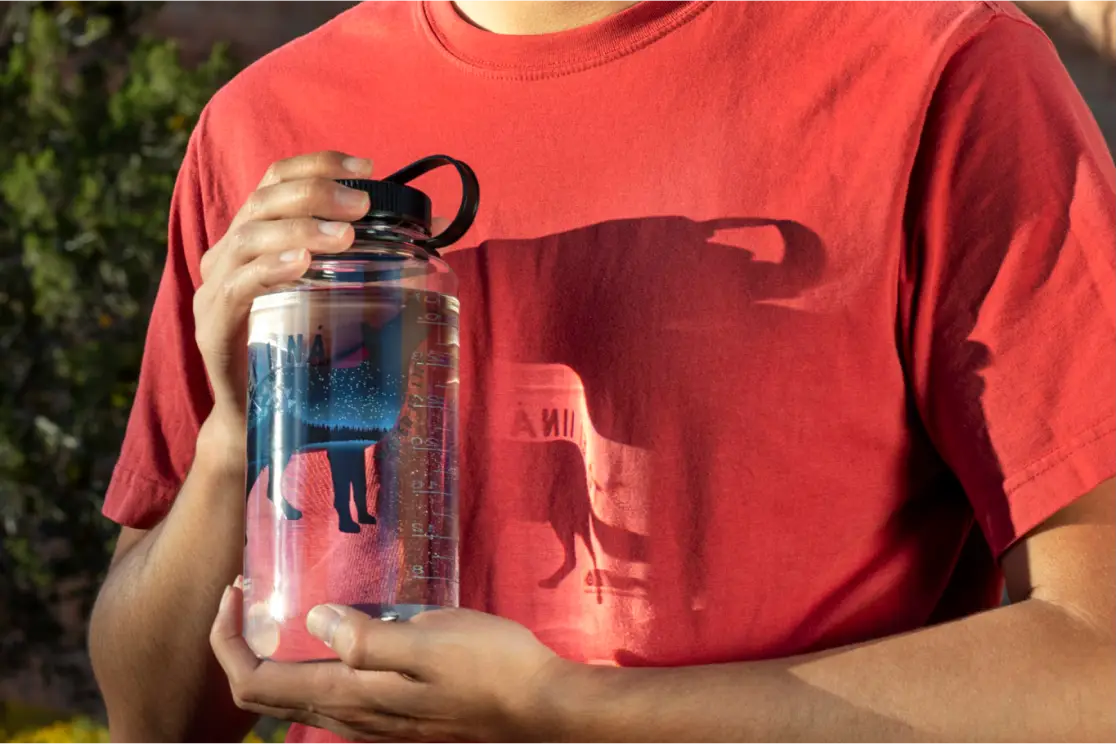
The Nalgene Water Fund supported DigDeep with a new water bottle design by Diné artist Jason Redhair. A portion of sales from every purchase of this water bottle helps support our work bringing clean, running water to households across the Navajo Nation.
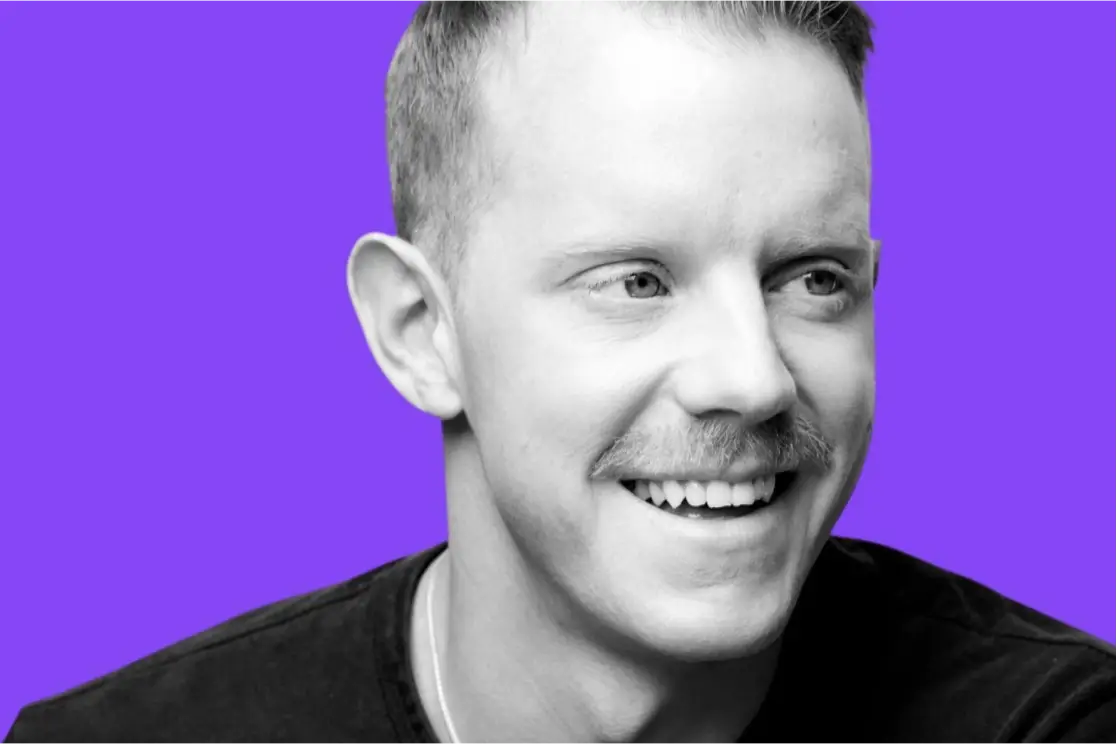
Among some of our most impactful press was Upworthy talking with DigDeep Founder and CEO George McGraw about how one donation led to a paradigm shift for DigDeep and helped move us in the right direction - bringing clean, running water to people across the U.S.

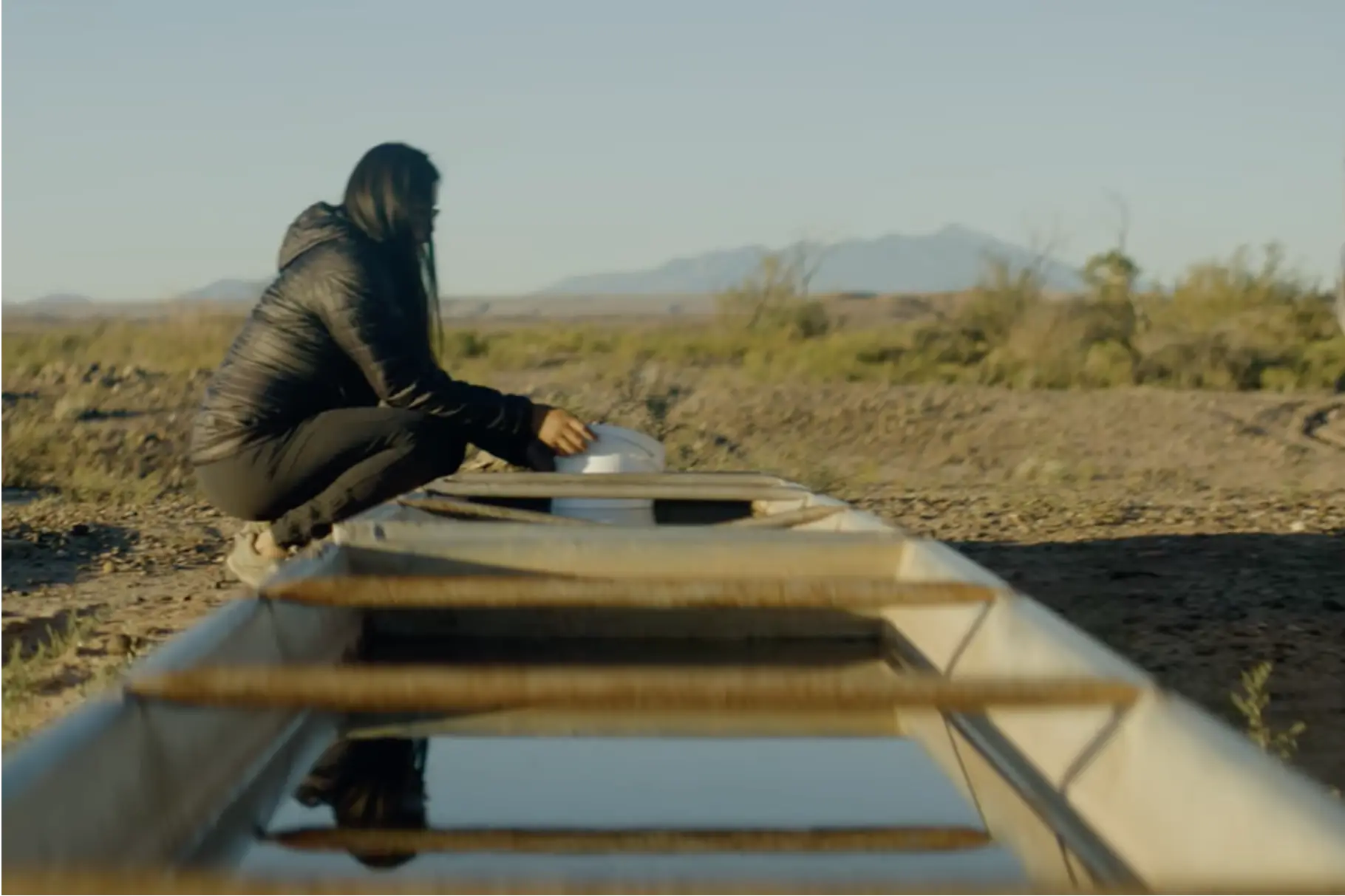
Families without running water or working toilets live in all fifty states, and DigDeep is expanding our work to help every single one of them. From the mesas of Navajo, to the hollows of Appalachia, to the borderlands of Texas, this year we put an emphasis on our one relentless pursuit - to get clean, running water to every person in America in our lifetime.
With your support, our One Relentless Pursuit campaign raised $2.3 million. Those funds will ensure that hundreds of families across the country can bathe their children, wash their hands, cook healthy meals, and stay hydrated on hot summer days for years to come. The work isn’t easy, but it’s worth it, and with your help we’re making a difference, one tap at a time.


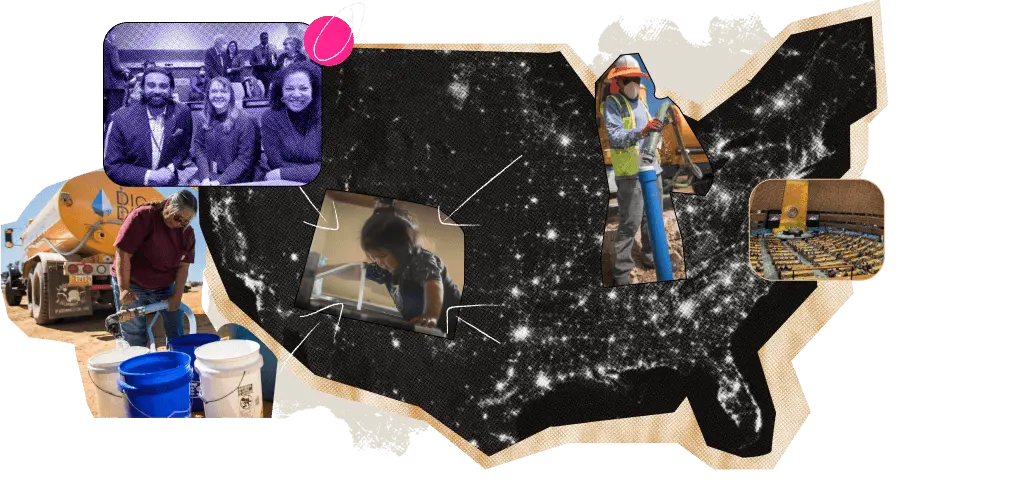
In 2022, we formalized our sector-building department. This move allowed us to focus on our work in policy advocacy and build a first-of-its-kind domestic Water, Sanitation, and Hygiene (WASH) database. Last year, members of the domestic WASH sector came together for the first time to discuss water access, and we made sure that members of impacted communities had a seat at that table - because those closest to the problem are often closest to the solution.
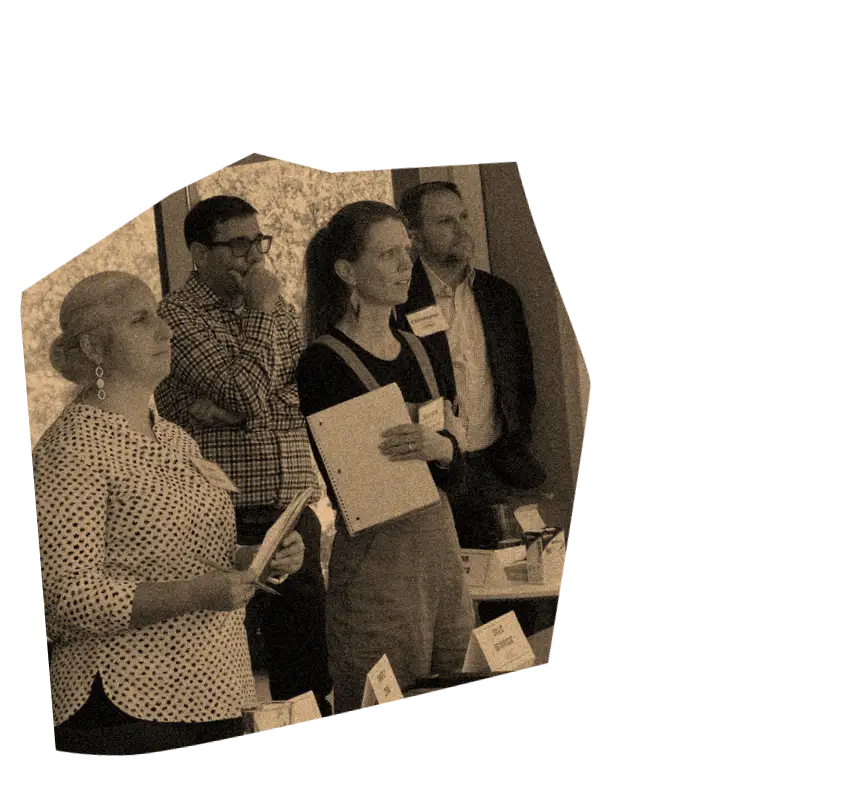


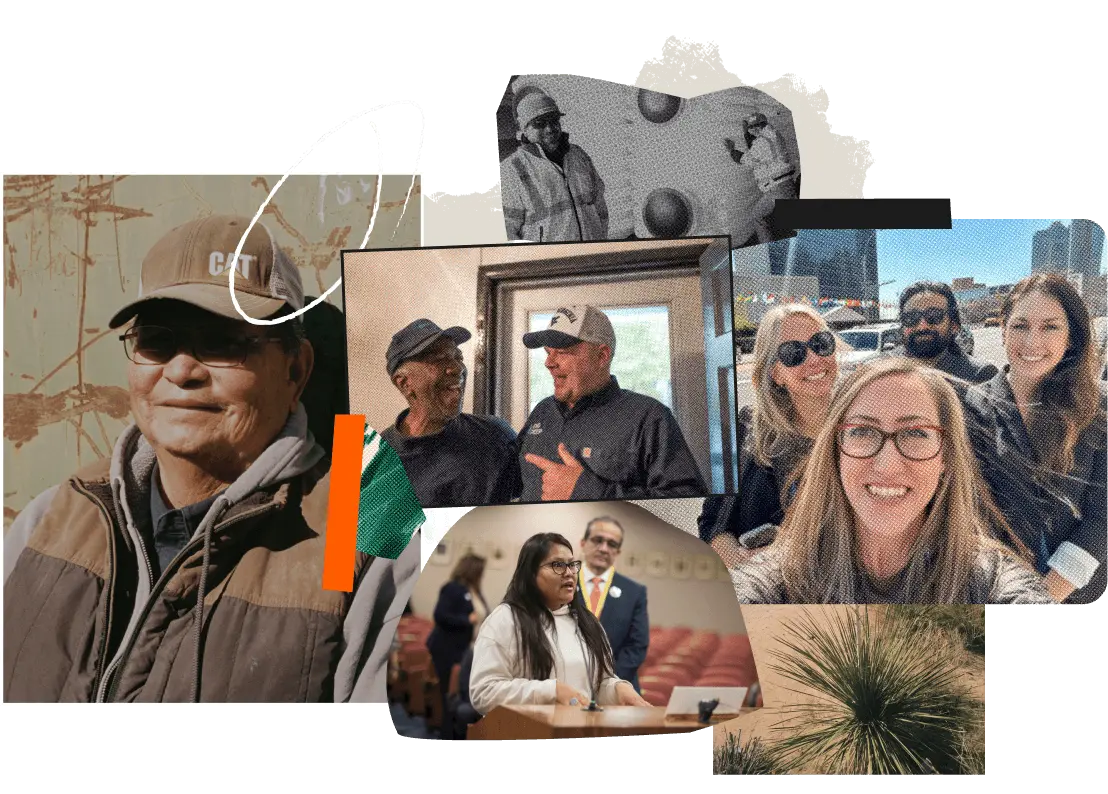
After another year of sustained growth, team DigDeep nearly doubled in size and capacity to reach more clients and amplify our work further than ever before. We’re a diverse team of engineers, storytellers, project managers, solar techs, and policy advisors from across the country, and we’re not stopping until every person in the U.S. has a working tap and toilet.
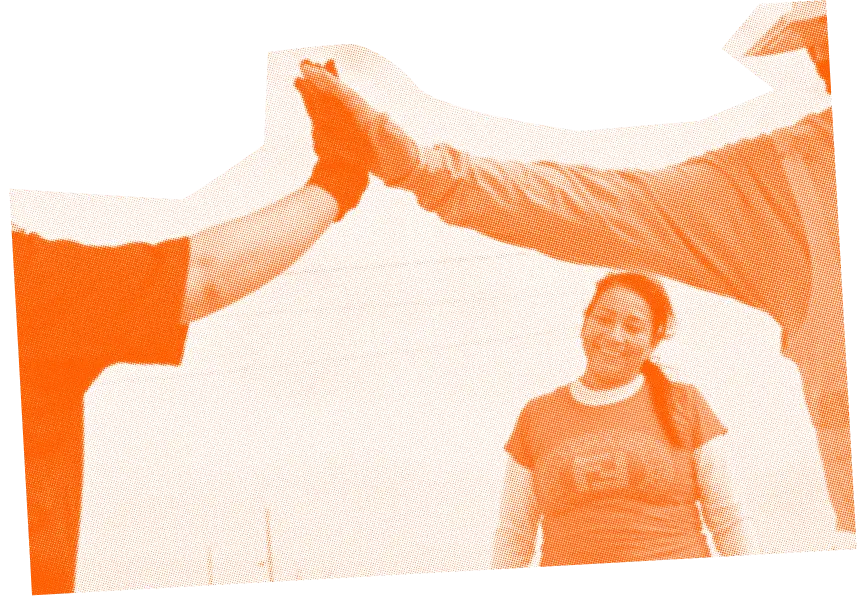


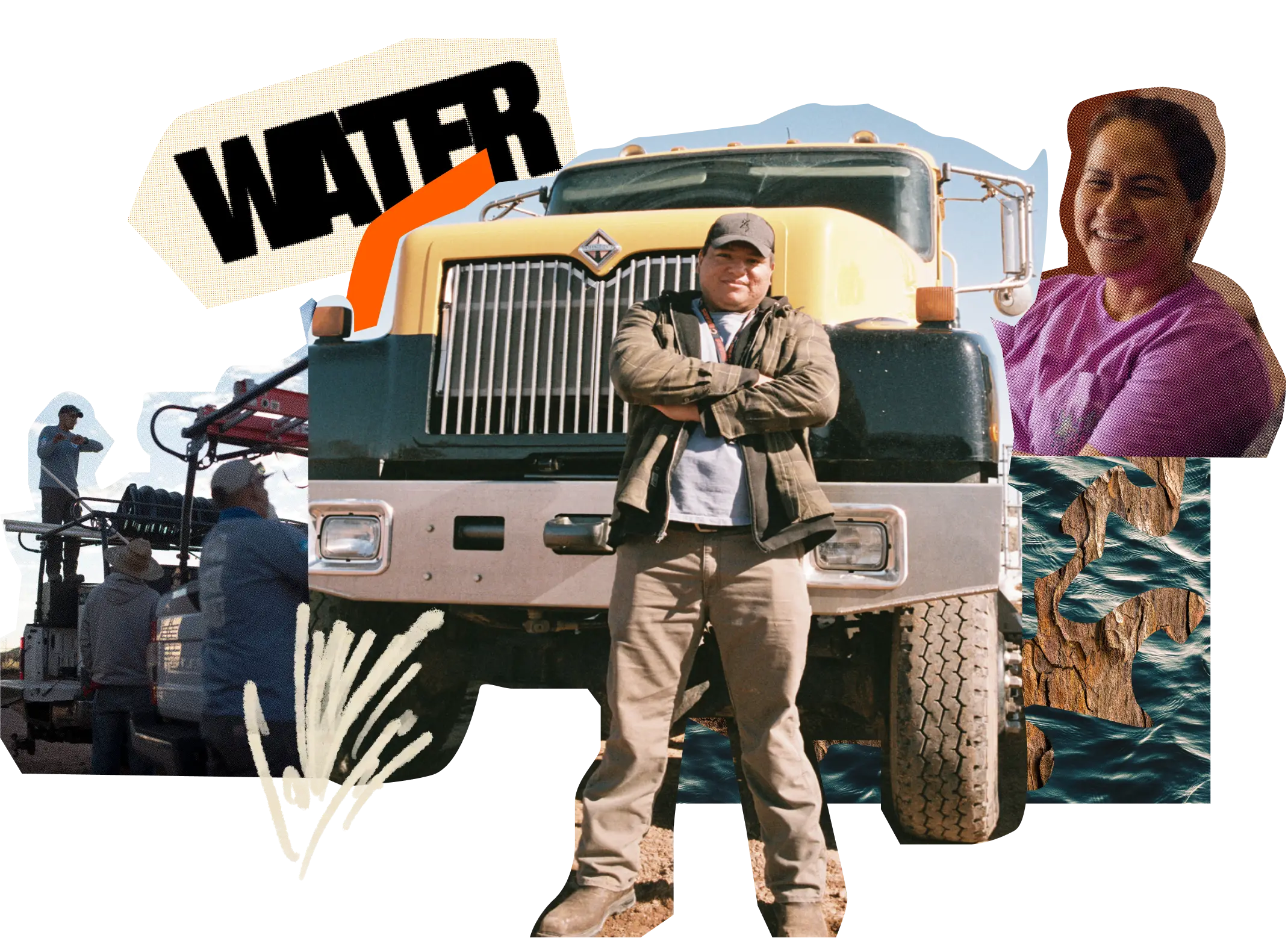
Thousands of relentless supporters - like you - from across the nation supported our programs to close the water gap last year, some for the very first time. Because change starts small, and as we found in our latest report, for every $1 spent to close the water access gap, the nation sees nearly $5 in economic returns. We also launched our corporate partnerships program The Circle to drive transformational investments in our work.
